America's missing ambassador to India
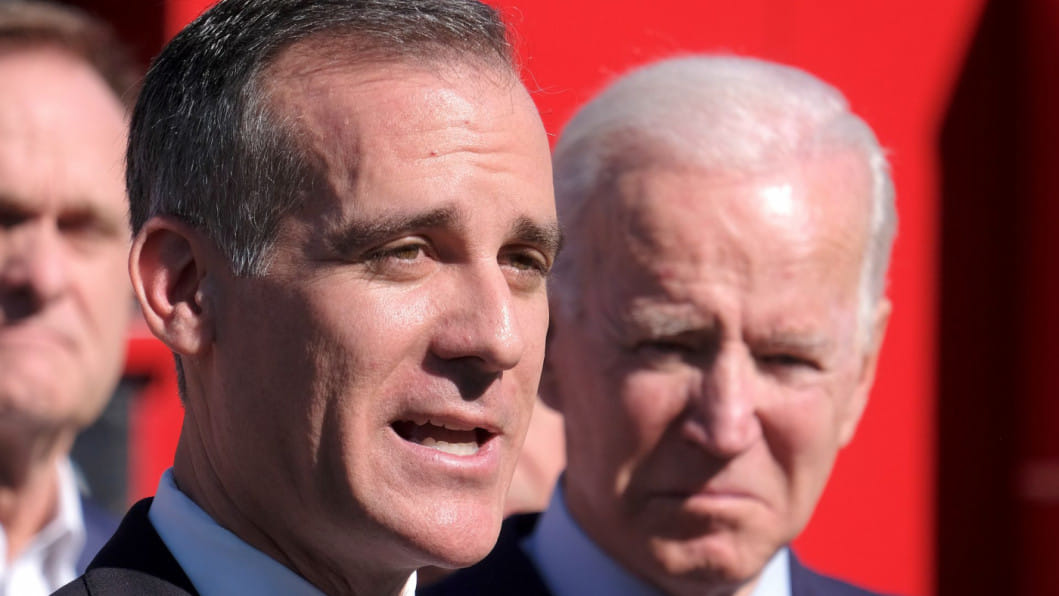
The recent decision by President Joe Biden's administration to renominate former Los Angeles mayor Eric Garcetti to be US ambassador to India has highlighted the peculiar state of the bilateral relationship.
Since Biden took office two years ago, the US has not had an ambassador in New Delhi – and this at a time when the US is assiduously courting India as a potential counterweight to China in the Indo-Pacific. Together with fellow Quad members Australia, Japan, and the US, India is essential to maintaining the balance of power in the region. And as a member of the fledgling I2U2 partnership, which also includes Israel, the UAE, and the US, India has a crucial role to play in containing Chinese influence in the Middle East.
Given India's strategic importance, why has the White House left the ambassador position vacant for two years? The answer has nothing to do with India.
Garcetti was nominated in July 2021, a few months into the new administration. But his Senate confirmation ran into trouble over allegations that, as mayor, he ignored sexual harassment complaints against one of his aides.
Garcetti's alleged awareness of his aide's misconduct and his failure to act led some Democrats to join Republicans in refusing to call a vote on his appointment. In April, nine months after his nomination was announced, Senate Majority Leader Chuck Schumer admitted that he might not have the votes to confirm Garcetti, leaving the ambassador position in limbo.
Indian officials, initially nonplussed, became irritated. Over the past 20 months, several US envoys served as chargé d'affaires at the New Delhi embassy, but they were all transferred and replaced before they could establish the local relationships vital to their success.

The absence of a US ambassador has raised questions about America's commitment to deepening ties with India. Biden has called the US-India partnership "one of the most important relationships we have" and hailed the country as an "indispensable" partner. But the administration's inability to name an ambassador has led some Indians to wonder whether the US would have left the same post in London or Paris vacant for so long.
Meanwhile, the strategic relationship between the US and India has never been more crucial. For years, India resisted pressures to take sides in the US' escalating rivalry with China. But China's recent encroachments on Indian territory in the Himalayas have caused India to challenge Chinese expansionism.
India is also an important economic partner. The US is one of the subcontinent's biggest sources of foreign direct investment, with annual FDI standing at USD 45 billion in 2021. Unnerved by China's dominance over global supply chains, US officials have been encouraging domestic companies to establish manufacturing bases elsewhere, placing India at the centre of the administration's "friend-shoring" agenda. Apple, for example, is expected to produce roughly 25 percent of its iPhones in India by 2025. Similarly, the Indian pharmaceutical industry is capable of replacing China as America's main supplier of common generic medications.
But the failure to confirm Garcetti has undermined this mutually beneficial relationship. His confirmation struggles aside, Garcetti is a good choice for the post. He is young (51) and energetic, and his close relationship with Biden suggests that he would enjoy direct access to the president.
Having a US ambassador who has the president's ear is advantageous for the host country. Roosevelt House, as the ambassador's residence in New Delhi is called, has been occupied by colourful figures like economist John Kenneth Galbraith, who famously went straight to his close friend President John F Kennedy whenever he wanted to bypass State Department bureaucracy, including during the Sino-Indian War.
While White House officials shrug and privately blame the Senate confirmation process for the absence of a permanent ambassador, the question remains: If India matters as much as the US says it does, why has the administration not acted more forcefully to get its nominee confirmed?
India, which assumed the G20 presidency in December, fits remarkably well into America's global vision, and the two countries have much to gain from cooperating on common concerns such as climate change and Islamic terrorism. While they seem to disagree on how to contain China's rise, that is all the more reason to ensure that the mechanisms of diplomacy are functioning properly.
Above all, the White House must expend the political capital necessary to confirm an ambassador who can cultivate the personal relationships needed to maintain America's most important partnership in Asia. It is time for the Biden administration to get its act together and put Garcetti on a plane to New Delhi without further delay.
Shashi Tharoor, a former UN under-secretary-general and former minister of state, is an MP for the Indian National Congress.
Copyright: Project Syndicate, 2023
www.project-syndicate.org

 For all latest news, follow The Daily Star's Google News channel.
For all latest news, follow The Daily Star's Google News channel. 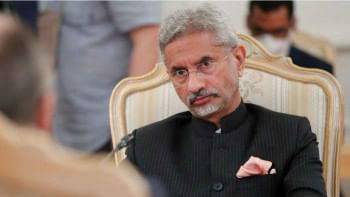
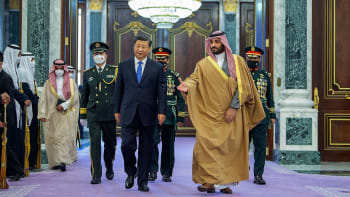



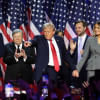

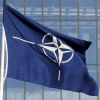


Comments